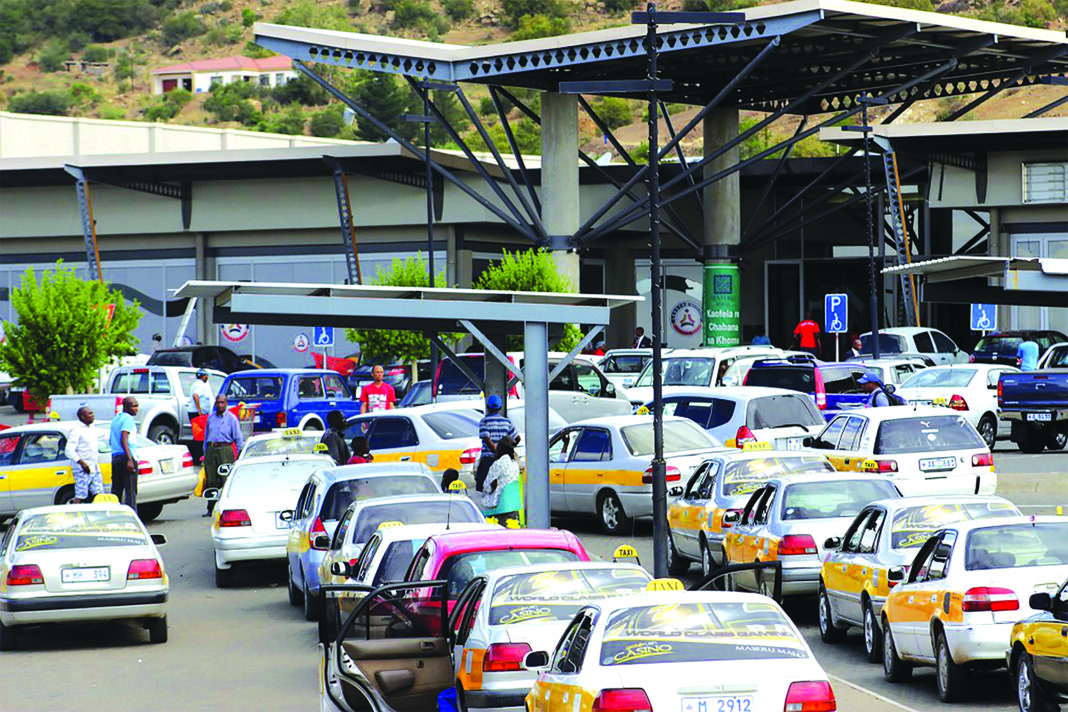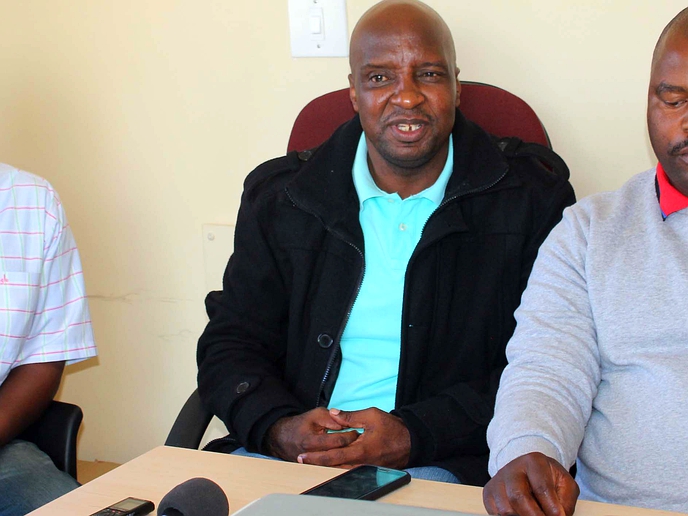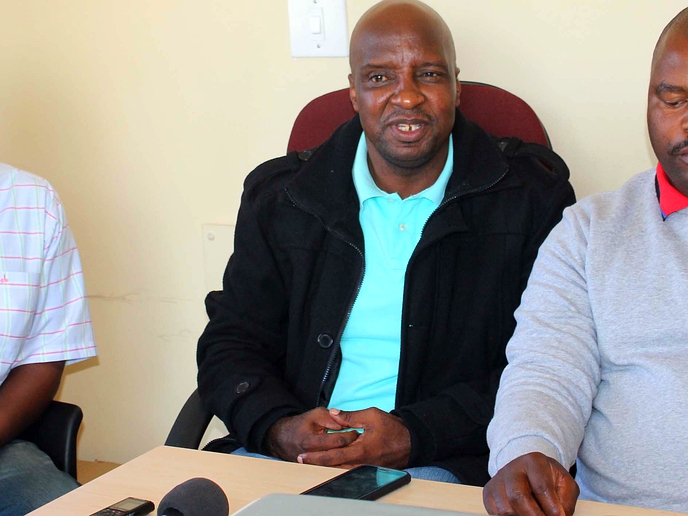Ntsoaki Motaung
The anticipated implementation of new parameters for local transport operators, initially set for the end of February this year, faces an indefinite postponement.
Minister of Public Works and Transport, Matjato Moteane, informed a parliamentary committee this week that the implementation had been scheduled for February’s end.
However, upon inquiry by this publication yesterday, it was revealed that certain ongoing processes were yet to be concluded. Once these processes are finalised, the new parameters will be implemented.
Ntumeleng Ntshekhe, the public relations officer for the Ministry of Public Works and Transport, clarified that while the new parameters were not implemented by the end of February as indicated by the minister, “they will be implemented soon”.
Ntshekhe said: “Certain processes need to be followed in implementing the new parameters, which are currently underway. Once these processes are completed, implementation will take place very soon.”
Moteane stated during the parliamentary session that the decision to enforce the parameters by the end of February was made following discussions with transport operators.
These talks, he explained, ensued after operators claimed they were excluded from the decision-making process leading to the announcement of the new parameters.
“Transport owners have voiced their concerns to my office, asserting that they were not consulted during the discussions that led to the announcement of the new parameters,” said Moteane.
“We are currently engaged in discussions with them, and we anticipate that by the end of this month, the parameters will be implemented,” he added.
Moteane’s response came in answer to a question posed by Member of Parliament (MP) Itumeleng Rantsho regarding the timeline for redefining prescribed parameters for local transport operators to include outlying areas within Maseru City Council (MCC) boundaries, such as Masowe 3.
Explaining further, Moteane referred to condition number 8 of the D permit, which governs the operational conditions for 4+1 taxis.
He noted that according to this condition, 4+1 taxis were restricted to a 10km radius of towns.
“Given the increasing population, this has proven to be problematic and lacks the necessary convenience,” he added.
Moteane stressed that the Ministry was now guided by the Land Administrative Boundaries Act of 2011 in implementing the new parameters.
While Mokete Jonase, Chairman of the Lesotho Taxi Operators Association, concurred with the government’s decision, he expressed feelings of exclusion from the decision-making process.
Jonase revealed that implementation would not occur as soon as anticipated by the minister, as discussions with the ministry were ongoing.
“There are a lot of things we discuss, and in the process, I admit that there are some areas where we agree with the ministry, but also some areas where we do not agree,” he said.
“Until they have provided all that we want, those new developments will not be implemented,” he added.
On a positive note, Letebele Melao, a 4+1 taxi driver from the Lithabaneng route in Maseru, welcomed the ministry’s decision, foreseeing benefits for both drivers and passengers.
“This means we will be making money while passengers will have the option to choose their preferred mode of transport for commuting to destinations outside town,” said Melao.
He also expressed hope that the new policy would alleviate tensions between minibus and 4+1 taxi drivers, fostering better cooperation and providing legal protection for 4+1 drivers operating on previously disputed routes.
Letlala Leseli, the inspector for the Lithabaneng route, voiced readiness to collaborate with 4+1 drivers, and emphasised the need to maintain clear territorial boundaries.
Leseli also urged the traffic police to address the issue of unlicensed vehicles popularly known as ‘pirates’, acknowledging the challenge with a critical remark: “Although I know this might be difficult for the police to get rid of ‘pirates’ because they own them. They are the source of the problem and we need protection from them if we were to see fruitful harmony on the road.” Fusi Seboka from the Abia Taxi Association, controlling the highly territorial Abia route, declined to comment, stating that his association is still deliberating on the new development.

Your Trusted Source for News and Insights in Lesotho!
At Newsday Media, we are passionate about delivering accurate, timely, and engaging news and multimedia content to our diverse audience. Founded with the vision of revolutionizing the media landscape in Lesotho, we have grown into a leading hybrid media company that blends traditional journalism with innovative digital platforms.












